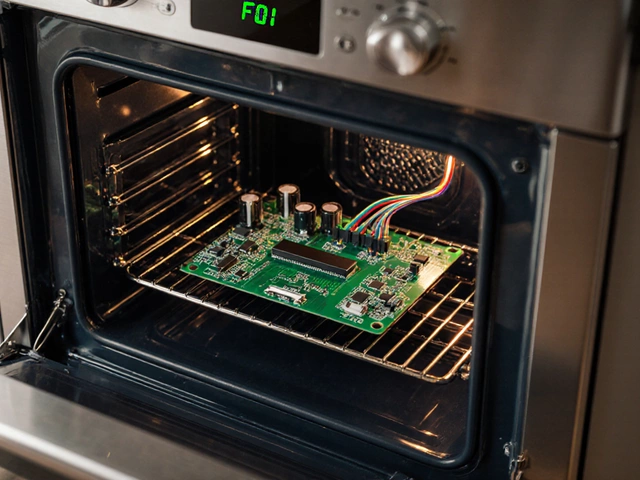Equipment Management: Keep Your Home Appliances Running Smoothly
Got a fridge that hums louder than your neighbour's music? A washing machine that throws weird noises? Those are signs your equipment needs some love. Good equipment management isn’t about buying fancy tools; it’s about simple habits that stop small problems from turning into costly repairs.
Why Regular Equipment Management Matters
When you ignore the little things, you end up paying big bucks. A blocked dishwasher filter can cause leaks, a dusty furnace coil forces the boiler to work harder, and an over‑filled freezer wastes energy. By catching issues early you save money, extend the life of each appliance, and avoid surprises like a cold shower in the middle of winter.
Another benefit? Peace of mind. Knowing the date you last cleaned your oven or checked your water heater gives you confidence you’re in control. It also helps you plan ahead – you can spread out service calls instead of scrambling when everything breaks at once.
Simple Steps to Manage Your Appliances
1. Make a quick inspection schedule. Grab a notebook or set a reminder on your phone. Once a month, walk through the kitchen, laundry, and utility rooms. Look for obvious signs – water pooling, odd noises, error codes on displays.
2. Clean filters and vents. Most appliances have removable filters – dishwashers, range hoods, and dryers. Clean them every 1‑3 months. A clogged filter forces the motor to work harder and can cause overheating.
3. Check seals and gaskets. The door seal on your fridge and freezer should be smooth and intact. A cracked seal lets cold air escape, raising electricity bills. Run a finger along the edge; if you feel cold air, replace it.
4. Listen for changes. A humming fridge that suddenly rattles, or a washing machine that vibrates more, signals a problem. Note the change and investigate – a loose bolt or worn belt might be the culprit.
5. Keep a repair log. Write down what you fixed, when, and what parts you replaced. Over time you’ll see patterns – maybe the same brand of kettle burns out after two years. That info helps you decide whether to keep fixing or replace.
6. Know when to call a pro. If you spot gas smells, electrical sparks, or the appliance won’t turn on after basic checks, stop DIY and call a qualified technician. Safety comes first.
7. Take advantage of yearly service contracts. Many local repair firms, like Rugby Appliance Repair Services, offer annual check‑ups for a flat fee. They’ll clean, test, and spot hidden issues before they cost you more.
8. Use the right cleaning products. Harsh chemicals can corrode interiors. Stick to manufacturer‑recommended cleaners, especially for ovens and coffee machines.
9. Don’t overload. Putting too many dishes in a dishwasher or over‑filling a washing machine strains motors and shortens lifespan. Follow load size guidelines.
10. Plan for replacement. Not every appliance can be saved forever. When repair costs exceed 50‑60% of a new unit, or the appliance is over 10‑12 years old, start budgeting for a replacement.
By turning these ten points into a routine, you’ll notice fewer breakdowns and lower energy bills. It takes just a few minutes each month, but the payoff is huge – more reliable appliances, fewer emergency calls, and a home that runs like a well‑tuned machine.
Ready to get started? Grab a pen, set a reminder for next Thursday, and give your kitchen a quick once‑over. You’ll be surprised how much you can fix without a professional, and when you do need one, you’ll know exactly what to tell them.






